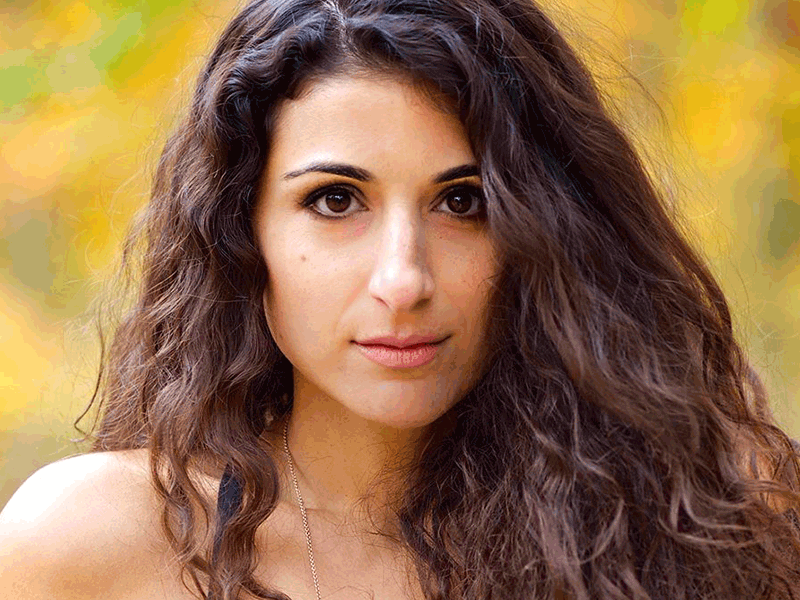Danelle Eliav remembers the moment she was hired to come on as an executive producer of Menashe.
“I was really excited and it sounded so interesting,” said Eliav, who is from Toronto and is a Community Hebrew Academy of Toronto graduate. “But as a producer, it’s like ‘oh my God, this is so hard.’”
The film, which opens on Friday is based on the real life of Menashe Lustig, a widower who tried to get custody of his son. It was made in Yiddish with non-actors to make the film authentic, she said. Filmmaking is not an exact science and it was hard to predict what the responses of audiences would be.
“I thought either people would be really interested or no one would want to see it,” she said. “I’m happy to see we’ve been getting great reactions and people are connecting to it.”
READ: FILM SEEKS TO SHOW CHASSIDIC CHARACTERS AS MORE THAN JUST SAD, REPRESSED
She said the positive feedback from the Toronto Jewish Film Festival in May was gratifying and on a personal note, she was happy for her father’s friends to be able to see a film in Yiddish, a language they speak but many of their children don’t. Eliav speaks Hebrew but not Yiddish. This didn’t help with most of the cast, but thankfully it did with Lustig, with whom she communicated in the language of the holy land.
Her favourite Yiddish word?
“Schlimazel,” she said with a laugh, referring to someone who is clumsy or has bad luck. “We said in the beginning (of the movie) that Menashe is like a schlimazel. But in the end, he’s not a schlimazel. He’s a great man.”
In the movie, Menashe can’t seem to get it together, getting in trouble at the supermarket where he works, and making his son late for school. He tries do the best for his child but it doesn’t seem to be enough. A scene where there is a memorial meal for Menashe’s wife and his son sings a song in Yiddish, was the most powerful moment in the film, according to Eliav.
“It always breaks my heart a little bit when I see it,” she said.
Eliav said the film stands out due to its depiction of Ultra-Orthodox Jews.
“The goal was to have an honest representation of chassidic Jews,” she said. “A lot of chassidic Jews in popular culture are not seen in the best of light. We wanted to show the love and relationships and celebration as well as the challenges.”
She said a key was access to the community in Boro Park, Brooklyn. She said she was worried they would lose one location when they filmed a scene in a rabbi’s office.
“We were shooting in a real rabbi’s office and it took many more hours than it should have,” she said. “We were worried we’d get kicked out. But they let us stay through the night.”
Menashe is ineligible for an Oscar for Best Foreign Language Film because the rules stipulate that the film must not only be chiefly in a language other than English, it must be made outside the United States. There have been whispers of pushes for a rule change.
“It would be nice but we’re not holding our breath,” Eliav said.
Eliav, who is also an actress, attended Hebrew University and Neighborhood Playhouse School of The Theater in New York. She said she was thankful to be part of a group that did something special with the story of a man who was deserving of having his story told.
“It’s been a real joy to be part of this team,” she said. “It’s amazing group of people and Menashe is such a nice guy.”







